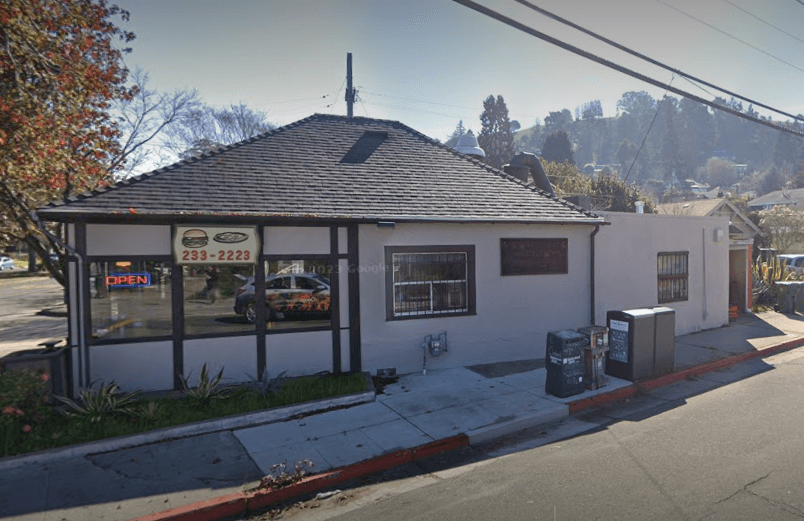A popular San Francisco Bay Area mom-and-pop burger joint is closing after nearly 40 years after it was targeted in a lawsuit claiming the building didn’t comply with the Americans with Disabilities Act (ADA).
On April 11, owners George and Helen Koliavas announced the closing of Great American Hamburger and Pie Co., located in Richmond about 20 miles north of San Francisco in the East Bay.





